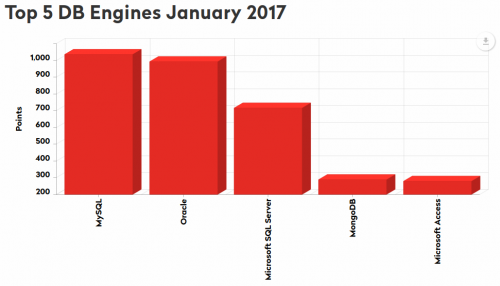Slashdot is celebrating its 20th birthday.
Today we’re marking Slashdot’s 20th birthday. 20 years is a long time on the internet. Many websites have come and gone over that time, and many that stuck around haven’t had any interest in preserving their older content. Fortunately, as Slashdot approaches its 163,000th story, we’ve managed to keep track of almost all our old postings – all but the first 2^10, or so. In addition to that, we’ve held onto user comments, the lifeblood of the site, from 1999 onward.
20 years is indeed a long time, and especially so on the Internet. It’s pretty much impossible to imagine the Web without social networks like Facebook, Twitter and Instagram. Without YouTube. With no Wikipedia. Without Gmail. Heck, without even so much as Google search. Well, it was around, but not many people knew about it yet. Blogs weren’t invented yet. Web 2.0 was years away. There were no RSS feeds yet. Heck, many people who can’t imagine their lives without the Internet today weren’t even born yet!
I was introduced to Slashdot back in 1997 or 1998 by my good friend and mentor – Vladimir Ivaschenko (aka hazard). I think it was on the same day as he told me about Freshmeat.net, later re-branded as Freecode.com, the best resource at the time to find and learn about Linux applications (to which I haven’t been in years), and Linux Weekly News, which I am still a frequent reader of.
I’ve been reading Slashdot since then myself, and I have recommended it to every IT professional and technology enthusiast without exception. IT industry in general, the Web, and the Open Source movement wouldn’t have been the same without Slashdot. And neither would I.
I have learned a lot about a lot from Slashdot – new companies, new technologies, new ideas, different perspectives, influential people, and more. I’ve linked to Slashdot posts and comments from this blog more times than I can remember. (Google Search estimates 1,060 pages linking from this blog to Slashdot since I started posting here 17 years ago).
If I had to pick a single my most memorable moment about Slashdot, that would be without the doubt September 11, 2001. I wasn’t anywhere near the United States that day, but it wasn’t about the USA. The whole world has changed that day. Nobody knew what was going on. Everything just stopped, or slowed down to a crawl. Everybody was trying to understand, or at least find more information about what happened. All the news sites – from the major ones, like CNN, to the small local newspapers – were dead under the traffic spike. Slashdot was pretty much the only one that could cope. It was slow, but it was there. Countless people in the comments were sharing bits and pieces of information. People were sharing photos and videos and redistributing them across a number of FTP sites.
At the time I was working at PrimeTel. There were quite a few people and everyone was desperate to know more. I remember downloading the pictures at turtle crawling speeds, and sending them off to a huge TV I had next to my desk (I was working on project involving video walls and a network of window displays). A crowd of people from the office were just standing nearby, staring at the TV with planes exploding into the towers, towers collapsing one by one, and all the havoc and rescue efforts afterwords. This was something… A decade and a half later, I still get shivers remembering that day.
This was the most powerful moment. But there were many more. There were numerous times when I started researching something just because of a story or a comment posted on the site. There were a few times when I changed my opinion after an insightful comment. And there were plenty of moments when I burst into uncontrollable laughter. Oh you guys in the comments, you are something!
I’d like to thank everybody who contributed to Slashdot in these last 20 years and who made it possible, and who kept it alive and kicking. You rock! Here’s to the next 20 years and more stories and insightful, interesting, and funny comments – Cheers!
